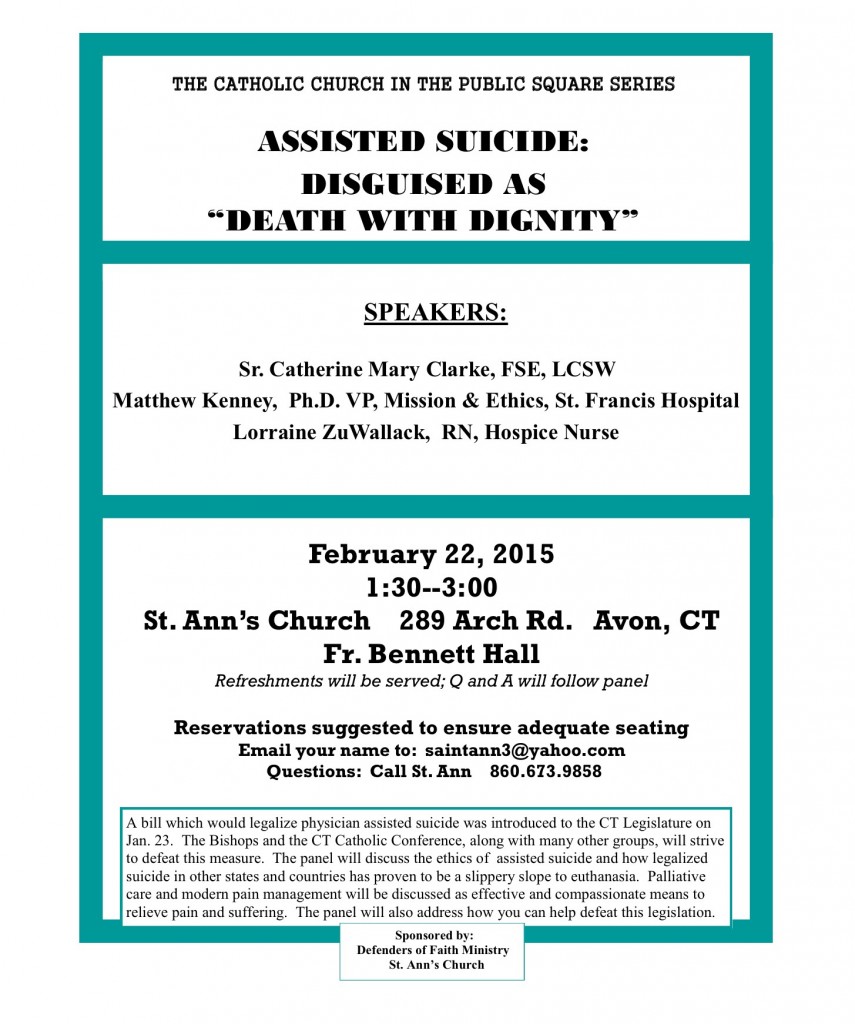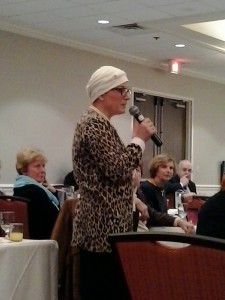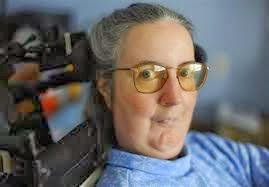
An op-ed in The Hartford Courant today calls the Hippocratic Oath “more archaic than a washboard” and “a roughly 2,000-year-old text with only marginal relevance to medicine today.” It peeves almost every pet I have, with its appeal to ‘modernity’ and too much other shoddy logic. Editorials like these do violence to the rational minds of both the writer and the reader, as well as potentially some actual bodies in the future.
Has human nature changed so much in 2,000 years? Have arrogance, greed, and corruption disappeared? In any age, has the shaman, the healer, or the surgeon not possessed seemingly godlike powers? Did Hippocrates not wisely recognize that such powers need legitimate restriction to protect the doctors’ vulnerable charges? Case in point:
“Over-civilization and barbarism are within an inch of each other. And a mark of both is the power of medicine-men.” – G.K. Chesterton
That statement was made more than a century ago. “Le plus ça change, le plus que c’est la même chose.”
The authors continue:
The history of medicine is littered with examples of doctors inadvertently doing harm. …So do we revise our oath to say, “Do no intentional harm”?
Last time I checked, oaths apply to intentional behavior. Think how silly it would be to swear never to do anything by accident or without foreknowledge. The idea is not to try to show that the HO could stand revision, but that it is impossible to revise and should be ignored — baby and bath water.
The question of what constitutes harm has come to the fore recently in a number of ways. Can doctors ethically be involved in executions? Should they offer advice with regard to torture?
Here, they leave themselves no choice but to assume that these questions are impossibly difficult to answer. Maybe the answer is, in fact, no (or maybe it is yes, because of some sensible distinction). Maybe it would actually be fairly easy to answer them, if someone were interested in trying, which they apparently are not.
After having dithered, they finally get around to the real point, the focus of the rest of the article:
But what if that individual, like Brittany Maynard, has a terminal disease that doctors predict will result in a painful death? Which causes more harm: forcing the terminally ill to suffer and live, or allowing them to die without pain?
We’ve had numerous experts testify that this is a false choice; there is no particularly good reason it must be one scenario or the other. But to admit a middle ground is to lose the case for doctor-prescribed death.
As many doctors point out, since medicine has already discarded the vast majority of the Hippocratic oath, why adhere to the sentence about poisoning…
This rationale was probably behind the discard of other valuable parts too, like the one about not inducing an abortion. It creates what looks like a self-perpetuating cycle to anyone with a little perspective, not including our editorialists.
The most interesting, or perhaps the only interesting part of the piece is this provocative suggestion of creating a professional subclass that, while not doctors, would still be under the health/medicine umbrella and thus still subject to concerns about the degradation of the “healing arts”:
During childbirth, some women engage a doula to act as their advocate, ensuring that, as much as possible, the woman’s wishes are followed. Such a position could also be created to oversee the end of life for the terminally ill.
Most of us know how easy it is to lose one’s footing stepping in a hospital. Sometimes it’s because of unforeseen medical events. Other times it may be a disagreement on how to proceed in a complicated case. A death doula’s job would include ensuring, to the extent possible, that a patient’s stated desires are obeyed.
And if we are squeamish about doctors “violating” their ethics and prescribing lethal medication for the terminally ill who request it, we could shift this responsibility to licensed doulas, after physicians certify they can no longer help the patient.
…But the excitement of this original notion fades once one realizes it’s not that original. We already have people who ensure that patients’ wishes are followed, to the extent possible, if they aren’t able to do so themselves. They’re called the medical power of attorney or executor of an advance directive (death doula is admittedly more catchy, though it sounds too close to death panels). What we need is more of them. Besides, Compassion & Choices — formerly the Hemlock Society — wants to be your death doula. They’ll gladly put you in touch with one of their “counselors,” who you are expected to believe are objective, although their organization spends hundreds of thousands of dollars to pass single-issue legislation that leaves them needing a reason for their continued existence if they succeed. Either way, the position is filled.
The agenda becomes crystal clear in the concluding paragraph:
Clearly, we can no longer hide behind the flimsy shield of the Hippocratic oath. The drumbeat for change has begun. To pretend otherwise shows a lack of compassion and a disregard for not just for medicine but for the dignity of life.
In other words, forget the 800+ words we spent pretending to invite healthy debate about a possibly dated pledge. Just get out of the way or be steamrolled by the relentless march of Progress — toward assisted suicide and euthanasia.
I call baloney on the charade. To me, this piece resembles nothing as much as those anti-Christians or anti-theists who, thinking themselves clever, declare it all passé and invalid because I wear polyester blends. The Hippocratic Oath has become ‘irrelevant’ only to those who have long since lost the fortitude to uphold those principles within it that are timeless. Arguably, few things are more constant throughout human history than the temptation to sacrifice a sturdy principle for some shifting expediency. It is precisely such times for which the Oath was designed, and in such times when we need it the most.

















